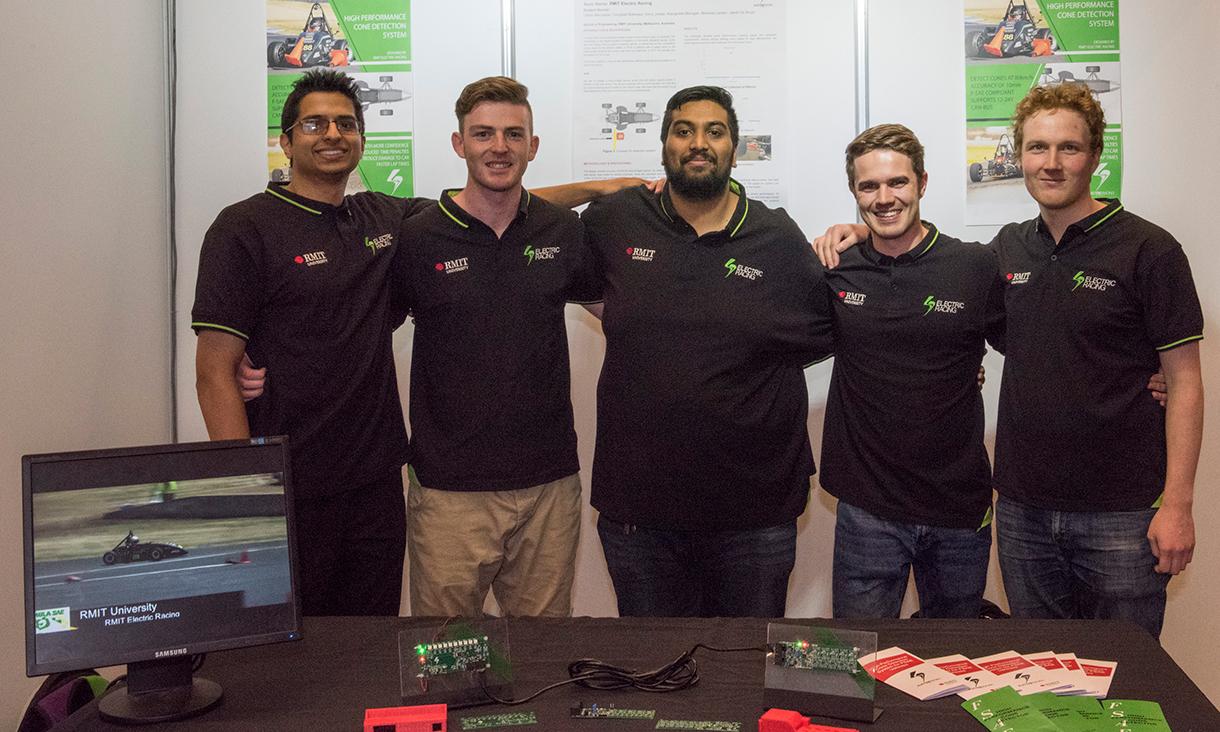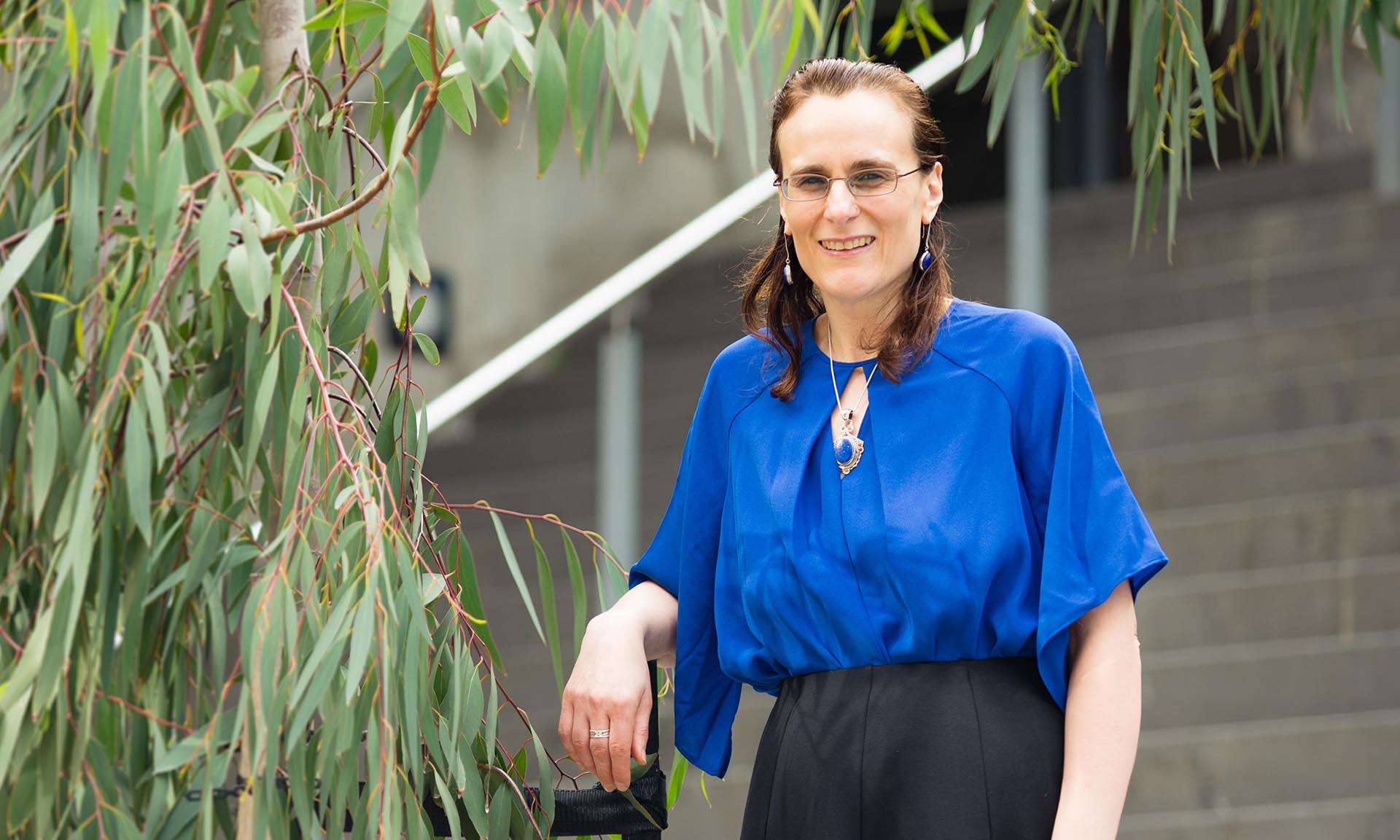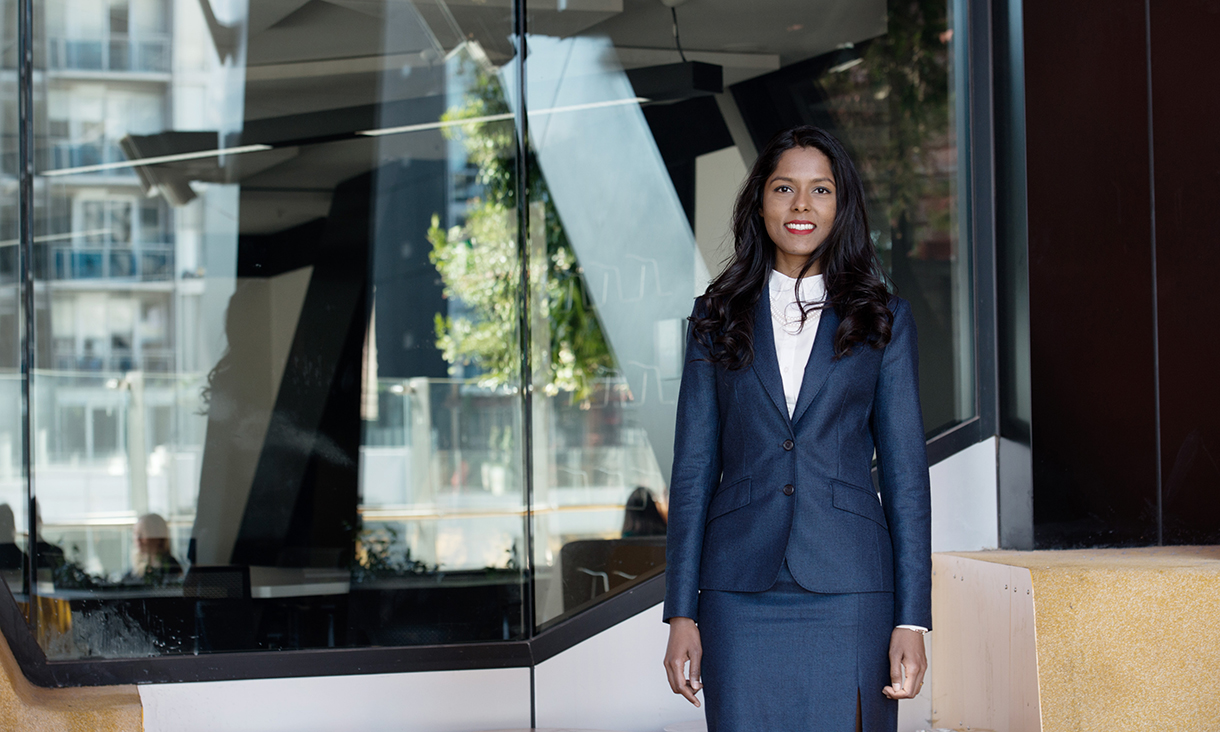Working individually or in small groups, third and fourth year undergraduate students and postgraduate students developed a diverse range of projects, products and strategies to address problems or scenarios.
Projects were assessed by a panel of industry experts from a range of engineering and business firms including Juniper, Microchip, Honeywell, SALT Group, United Energy, SYPAQ and many more. They were also accessed by a range of RMIT academics.
They were judged on how well they address the problem they set out to solve, as well as practicality of design, marketing and potential implementation. Prizes were awarded for both academic excellences at undergraduate and postgraduate levels, as well as industry prizes for third and fourth year students.
“A key feature of an engineering degree is the design or project work which provides students with an opportunity to demonstrate their technical knowledge and skills,” said Professor Adrian Mouritz, Executive Dean of the School of Engineering.
“Over the year these students have designed and developed a diverse range of projects, solving real world problems.
“EnGenius also provides students with the opportunity to network with industry representatives.”
Senior Security Specialist from Juniper Networks, Brett White, was one of the industry judges.
“The level of the student’s work is really impressive,” White said.
“It was great to see just how much they put into their projects. They were really innovative and brought their ideas to life
“RMIT and the EnGenius program not only give the students the technical skills that they need to be successful in industry, but also give them the opportunity to develop their soft skills. They provide them with the knowledge on how to bring a differentiated product to market, and to pitch that product to potential customers.
“Being an RMIT alumni from 1996 to 2000, it’s great to be able to come back and give back to the next generation of engineering students.”





